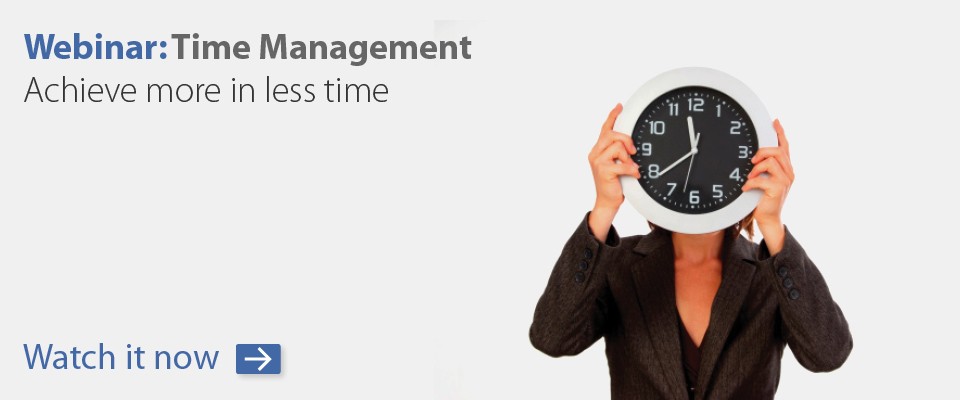Good preparation will help you to overcome nerves. I recommend minimal or no alcohol intake before making a speech; don’t be tempted to calm your nerves with some Dutch courage! Most people, no matter how familiar with public speaking, experience some kind of nerves or adrenalin rush. Be prepared for several trips to the smallest room in the building before your speech!
Buy a Power Hour to kick start your speech!
Think about the type of speech you are making and consider the following:
- When is it to be delivered?
- Who is the audience?
- What is the audience expecting?
- How will you deliver your speech and will you use visual aids?
- Who has asked you to deliver the speech and what is their brief to you? Be clear on this one!
- Your style
Start by brainstorming and putting on paper all the things that spring in to your head. (First thoughts with no fleshing out of ideas.) For example:
- Anecdotes
- Individual stories
- Jokes
- Information
- Visual aids you may use
- Background to the event
- The big idea
- Absolutely anything that springs to mind!
Put it all down on paper and then you can sift through ideas that look great but on closer inspection don’t make the cut. In selecting what to include and what to take out consider the following:
- What is the one, specific message you want to put across?
- How much time do you have?
- Only tell jokes if you are a natural raconteur
- Be honest in your delivery; be yourself
- The best structure to use is to cover an introduction, the past, present, future and then a toast if appropriate.
So, you might say the following “(Intro)As Jack’s manager it’s down to me to ensure a great send off for him. (Past)He’s been working in our department for 50 years and I had the pleasure of being with him for 15 of those years. (Present)He’s contributed to the team in xxx ways and the time has now come for him to move on. (Future)I know Jack is going to enjoy his retirement and has plans for xxx. (Toast) Jack, we wish you well. Please raise your glasses …….” This is obviously the shortened version but you get the idea. With this structure in place you can speak at a moments notice on any occasion.
You know what you want to say and you now need to put it in to a structure. At this point you may want to run the speech idea past a trusted friend or colleague. Remember, they may have some good thoughts to contribute.
I suggest you write your speech in long hand and sleep on it for a few days (not literally!)
Make it easier for yourself by putting the introduction, past, present, future, toast headings.
Instead of having a long speech to write, you have 5 short sections to tackle and that will feeleasier.
If you don’t plan and prepare you won’t enjoy giving the speech and you can be sure the audience won’t enjoy listening.
PRACTICE
Once you are happy with the content start practising – out loud! Find a format to suit:
o In front of a mirror
o In the shower
o With a trusted friend
o I’m sure there are others!
As you practice, time yourself. How many weddings have you been to where bad speeches are delivered for far too long? Don’t be one of them! If you have 10 minutes – aim to finish in less.
If you are using visual aids and technology – be very careful to plan to the last minute and have a techie who can do the legwork for you on the day. Nerves will not help you to set up
complicated IT systems.
NOTES
Once you are familiar with your speech, having read it long hand, narrow it down to bullet points. You don’t want to have your head down when speaking. A glance at reminder notes is best. Try to keep your bullet points to one side of A5 paper. For example:
Speech for Andrew’s wedding:
Introduction – pleasure to be asked (a few thankyous if that helps to break them up – this
is not an OSCAR ceremony!)
Past – Story about Andrew at school
- Story about when he first met Heather
Present – fab new life in Norwich
- Story from stag night (if not too blue)
- Today – a few thankyous (it’s not the OSCARs)
Future – they’ll be really happy…..
- story
Toast – bridesmaids who’ve looked gorgeous and done a great job
- any remaining thank you’s
(Remember to give them their presents)
There should be enough to be an aide memoir. You’ll remember and have practised the stories. With notes there is no temptation to read from a script, which is dull to say the least.
WHAT TO LEARN OFF BY HEART
I suggest you at least learn the first few sentences and the toast. That way you open strongly and closely clearly.
DELIVERING THE SPEECH
o If it’s a large room, try to arrange for some kind of PA system and use it wisely.
Ask in advance and familiarise yourself with the system. If you’re the best man,
make sure everyone is clued up. There is nothing worse than just the first few
lines of people hearing a speech.
o NEVER open with an apology
o Only ad lib if you can carry it off
o Have a drink of water near you (not a hot drink or alcohol, in case it spills)
o Listen to how the guests respond to your speech and pause or move on accordingly
DON’T BE A SLOB
Several things happen when you speak in public and most revolve around nerves:
Sense of humour failure
Loss of memory
Odd behaviour
Breathing, or forgetting to!
Let’s look at these:
S – in a strange, new environment we are on our guard and our usual relaxed style may go.
Adrenlin doesn’t always have a sense of humour
L – loss of memory is typical. That’s why good, concise notes are important. Also opening and closing well. Even if you have learned the opening lines, you may still wish to write them in full before moving to notes.
O – most people aren’t used to hundreds of people looking at them with anticipation!
Dropping notes, spilling drinks, tripping up steps, speaking too quickly, high pitched voice are all examples of things that can happen. (And boys / girls, check your flies before standing up!)
B – Many people forget to breathe. That’s a pity! Breathing slowly allows for clear speech.
Your words will take a while to reach the back of the room. Despite a sound system and wonderful notes you MUST speak slowly, loudly and clearly. (Before speaking you can ask someone in the back row to raise his or her hand if your voice isn’t loud enough. That’s a simple way of knowing you are being heard) This is important to remember as your practice may take 5 minutes, which you are likely to deliver that in 3 minutes. Take your
time.
A FINAL WORD
- You’ve been asked to make this speech by someone who trusts you to do a good job.
- If you prepare well everyone can enjoy the experience, including you.
- Just because you’ve practised like mad, it’s the first time others have heard you.
- Have fun!
- After delivering the speech, have a well-earned glass of bubbly.
FOR MORE HELP WITH YOUR SPEECH OR TO HAVE ONE WRITTEN FOR YOU, IN YOUR STYLE:
CALL 020 8473 0261 FOR PERSONAL COACHING








No comments yet.